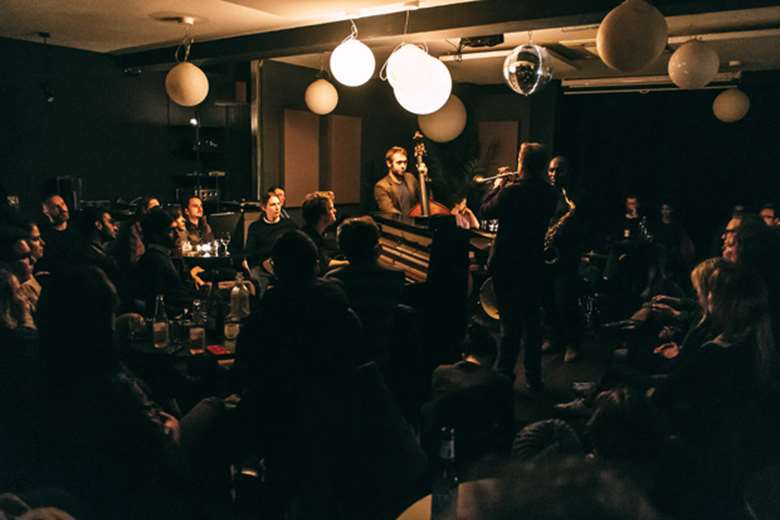Brilliant Corners: The East London venue making jazz sound better
Friday, November 28, 2014
Thomas Rees swings by Dalston’s Brilliant Corners for the second event in their innovative Played Twice series, a new live music night where atmosphere and sound quality are everything and jazz cliché is left at the door Last week during the EFG London Jazz Festival – as Tomasz Stańko took the stage at the Barbican, Chucho Valdés played to a sell out crowd at Kings Place and John McLaughlin rocked the Royal Festival Hall – a bar on Kingsland High Road held a gig that was every bit as momentous.


Register now to continue reading

Thank you for visiting Jazzwise.co.uk. Sign up for a free account today to enjoy the following benefits:
- Free access to 3 subscriber-only articles per month
- Unlimited access to our news, live reviews and artist pages
- Free email newsletter